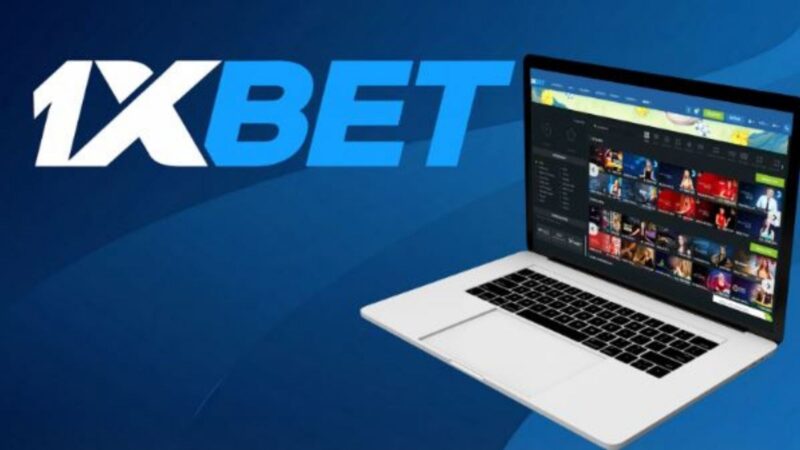
Blockchain technology has had promising implications for information security in various applications, including online gambling. Blockchain’s underlying cryptography and decentralization provide possibilities for enhanced data protection, transparency, and integrity in gambling sites and platforms like Rocket Play Casino. This article analyzes how blockchain could mitigate vulnerabilities with transaction recording, identity verification, and random number generation.
Security Vulnerabilities in Online Gambling
Online gambling contains inherent risks regarding financial transactions and personal information security. Some issues include:
- Financial Fraud: Gambling sites maintain private account balances and transactions records in centralized servers and databases. This creates a single point of failure that is vulnerable to hacking attacks, usually to manipulate balances or payouts.
- Identity Theft: Most malta casino platforms require users to submit personal identification for age and location verification. This sensitive data presents lucrative targets for hackers and cybercriminals.
- Fairness: Legitimate randomness underlies the fairness and transparency in games like slots, dice, and cards. However, the complexity makes it challenging to prove gambling providers implement truly random number generation free from tampering.
Blockchain’s Potential Impact
Blockchain comprises decentralized, cryptographically linked blocks of immutable transaction records replicated across many nodes in a peer-to-peer network. This technology could enhance online gambling across these aspects:
Financial Security
- Decentralized public ledgers distribute and synchronize identical copies of every account and transaction entry. This eliminates centralized points of failure for potential hacking or fraudulent manipulation.
- Cryptographic functions like hashes and digital signatures enable reliable participant identification, information verification, and transaction authorization.
- Time-stamping in blocks provides greater transparency around exact exchange instances down to the second. This traceability deters fraud by increasing accountability.
| Statistic | Year |
| Global revenue from online gambling | $66.72 billion (2020) |
| Projected market size by 2026 | $127.3 billion |
| Contribution of Asia-Pacific region | Highest at over 40% market share |
User Identity Protection
Blockchain’s cryptographic foundations also offer advantages regarding privacy and identity protection. Platforms can utilize public key infrastructure (PKI) to provide confidentiality around users’ personal information. PKI uses digital certificates containing:
- Public Keys: Enables encryption of data sent to specific account owners based on mathematically linked key pairs.
- Digital Signatures: Verifies identities and transaction approvals to combat spoofing or unauthorized access attempts.

As a result, gambling providers could transmit and store sensitive user documents off-chain in encrypted formats while only interacting with the blockchain via individuals’ authenticated public addresses. This selective visibility limits the exposure of confidential identifying details.
RNG Verification Mechanisms
By expanding upon existing random number generation protocols already inherent in blockchain systems, developers can engineer solutions tailored for gaming fairness and probabilistic verification. Some methods include:
Commit-Reveal Schemes
Here, multiple independent gatekeepers partially encrypt and then later decrypt random values to calculate game outputs that providers cannot anticipate. The incentives align to ensure opening keys match the originally committed hidden figures.
Distributed Provable RNG
This uses the unique block hashes produced across blockchain nodes, so results stay unpredictable until the precise second of play. The hashes distributing identical outcomes across the peer-to-peer network enable external validation of proper RNG implementation.

The transparency of these models reduces reliance on internal control mechanisms, which centralized gambling platforms can manipulate or falsify to gain illicit advantages against players. Instead, accountability measures shift outward and become communally verifiable.
Final Thoughts
In essence, blockchain signifies a technological breakthrough promising foundational disruption in online gambling information systems, operational processes, and security infrastructure. By decentralizing data management across countless identical ledgers and updating in real-time, blockchains allow for financially and statistically verifiable activity enforced by unbiased mathematical consensus. Vetted cryptography enables privacy and anonymity without sacrificing legitimacy or regulatory duties around identification. These qualities point towards reduced vulnerabilities and fraud, increased transparency and randomness assurances, and overall trust gains for both providers and users through disintermediation. If applied properly, distributed ledger architectures possess the tools to meaningfully heighten security and fairness across the modern online gambling landscape.










